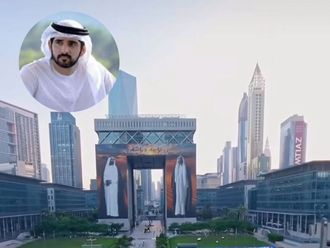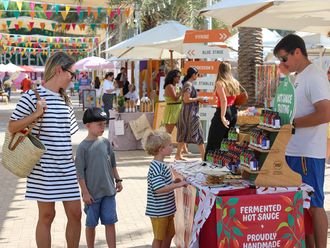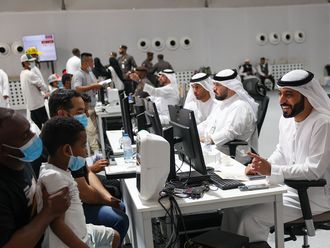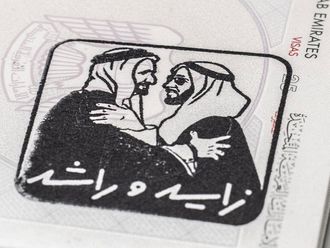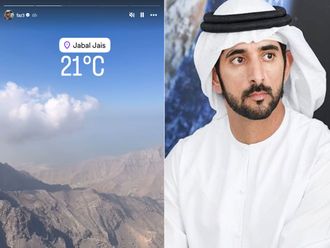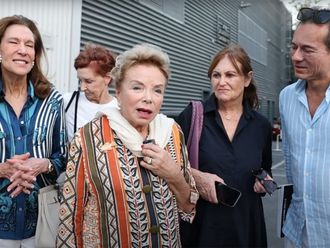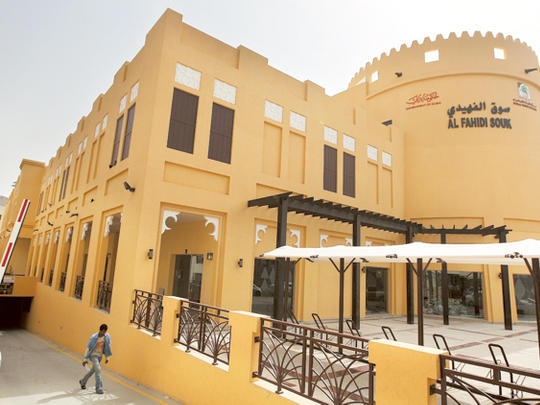
Dubai: The shops at the new market in Al Fahidi will be available for leasing from June 16, announced a senior municipal official yesterday.
Khalifa Abdullah Hareb, Director of Assets Management Department at Dubai Municipality, stated that the public auction for leasing different types of shops and facilities in the newly opened Al Fahidi Traditional Souq will start from June instead of the previously announced date of May 26, due to the increased demand and to give more time to complete the final touches of the souq.
“The auction is open for all fully owned national companies, or companies in which nationals have at least 50 per cent of share in capital. Officials will be available until 5pm on working days of Dubai Municipality centres and Al Fahidi Souq to help visitors get documents and see shops and facilities,” Hareb said.
The auction documents are distributed from Dubai Municipality’s headquarters in Deira during the normal working hours or from the web portal www.dm.gov.ae under the municipality’s e-Tendering Management.
“This is one of the most awaited mega projects of the civic body in which 100 per cent of green building specifications are strictly applied in sync with international standards and specifications,” he said
The market, which cost Dh50.5 million and is spread over 27,000 square metres, resembles Souq Naif in Deira in terms of its traditional architecture with a combination of the ancient and modern. The market allocates specific areas for different types of trade activities, such as food, fabrics, toys, handicrafts, traditional products and gold.
“The projects also aim to promote the small trade activities of the local community which do not require a big amount of capital and create new job opportunities. Fahidi Souq is also expected to be one of the highly famed tourist attractions in the country,” Hareb said.
“The Souq in Bur Dubai provides 302 parking places in the basement, and includes 232 commercial shop on the ground and first floors, 32 booths outdoors and indoors, in addition to other public services such as toilets, children’s play areas and prayer rooms,’ he explained.
“It includes modern techniques in order to save energy and water consumption, where the percentage of energy saving is 50 per cent and the percentage of water saving is 20 per cent compared with conventional systems,” he added.


